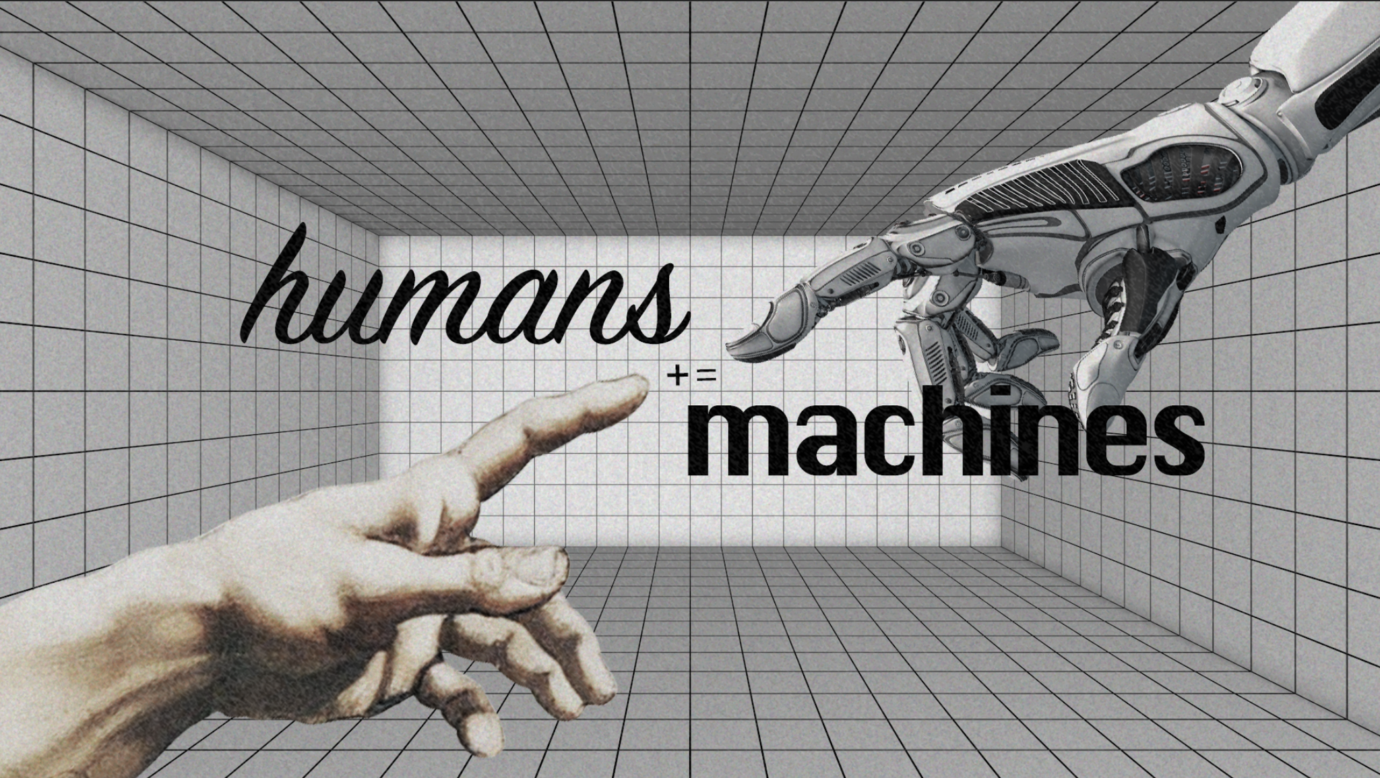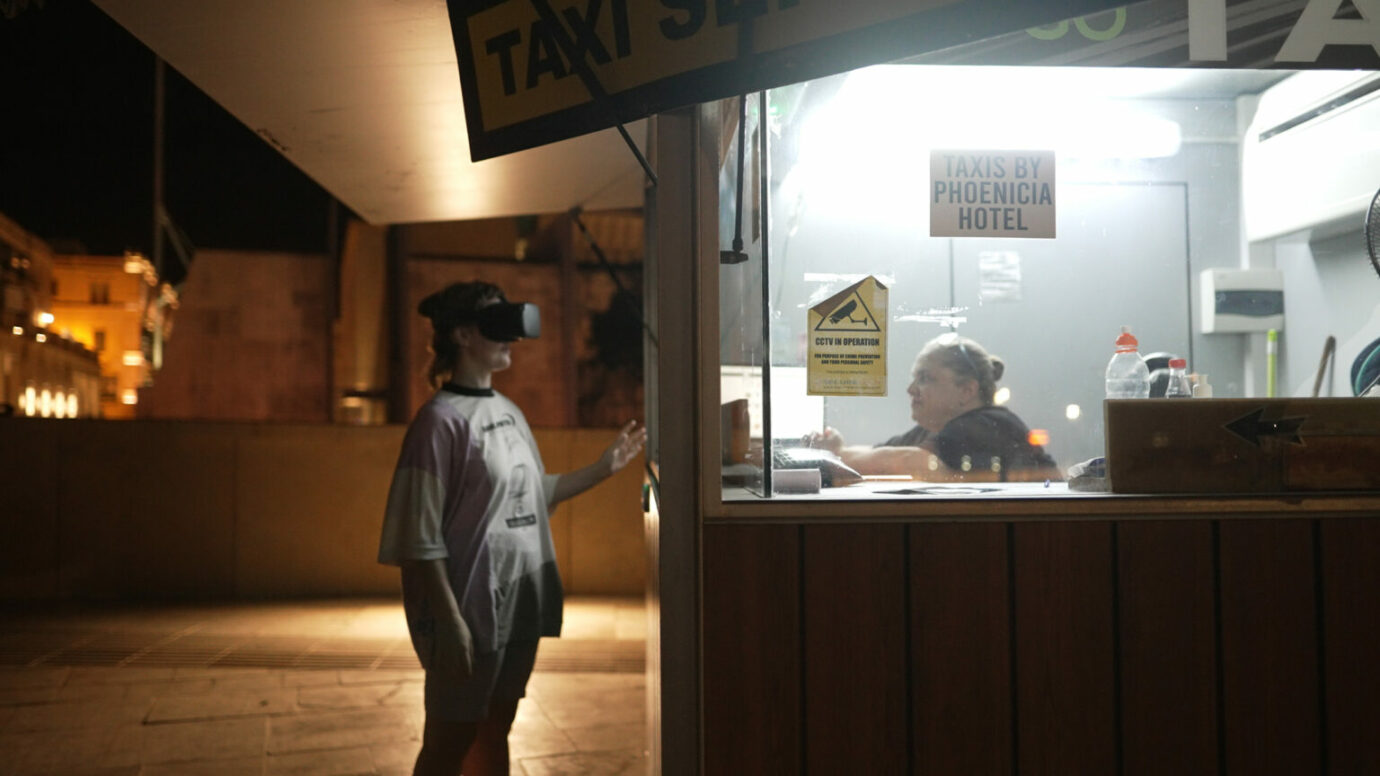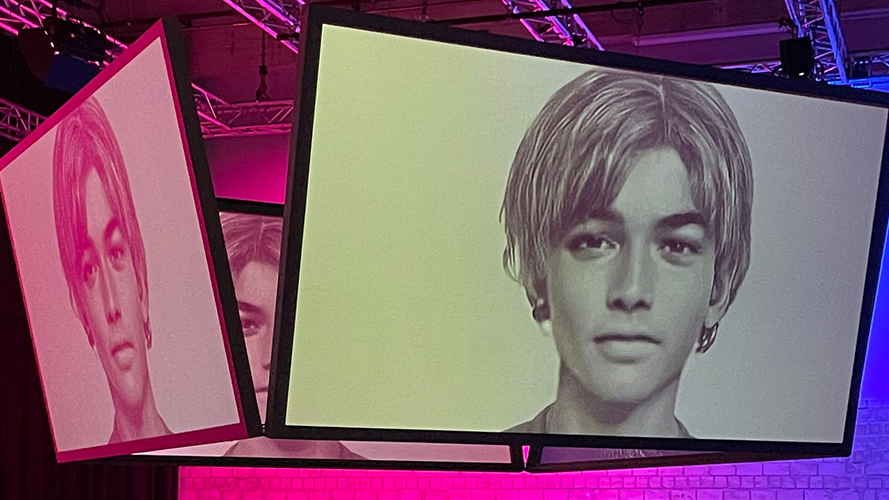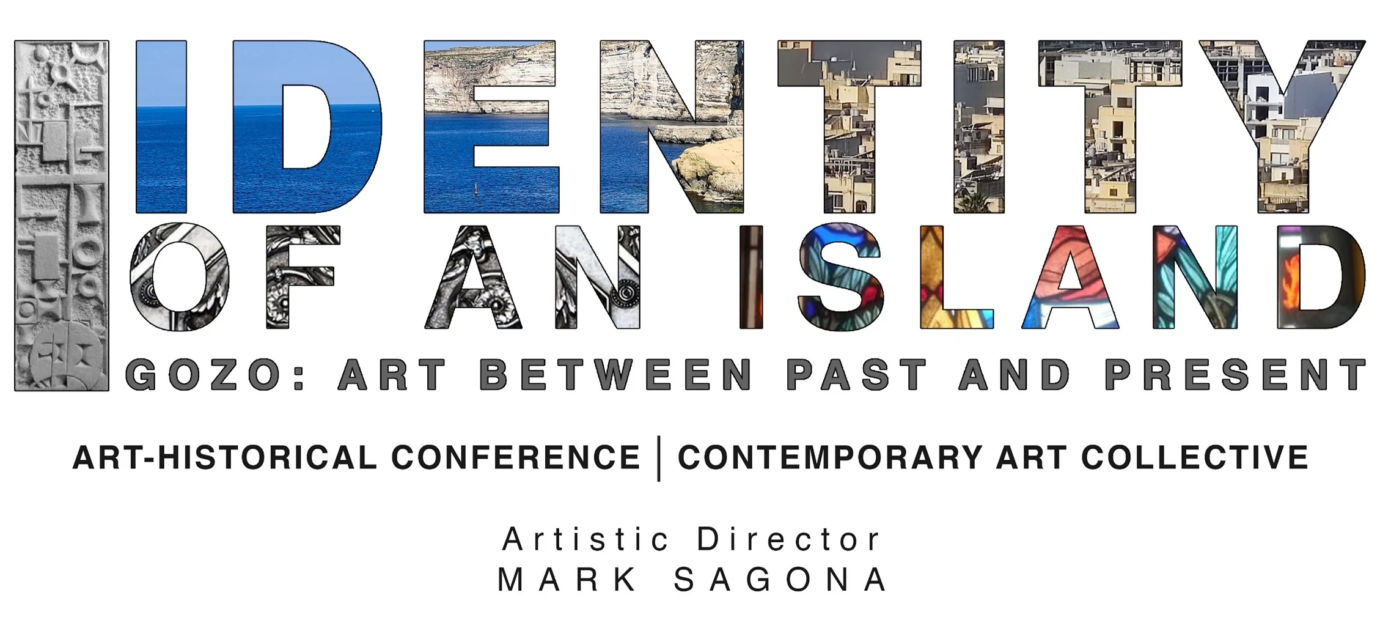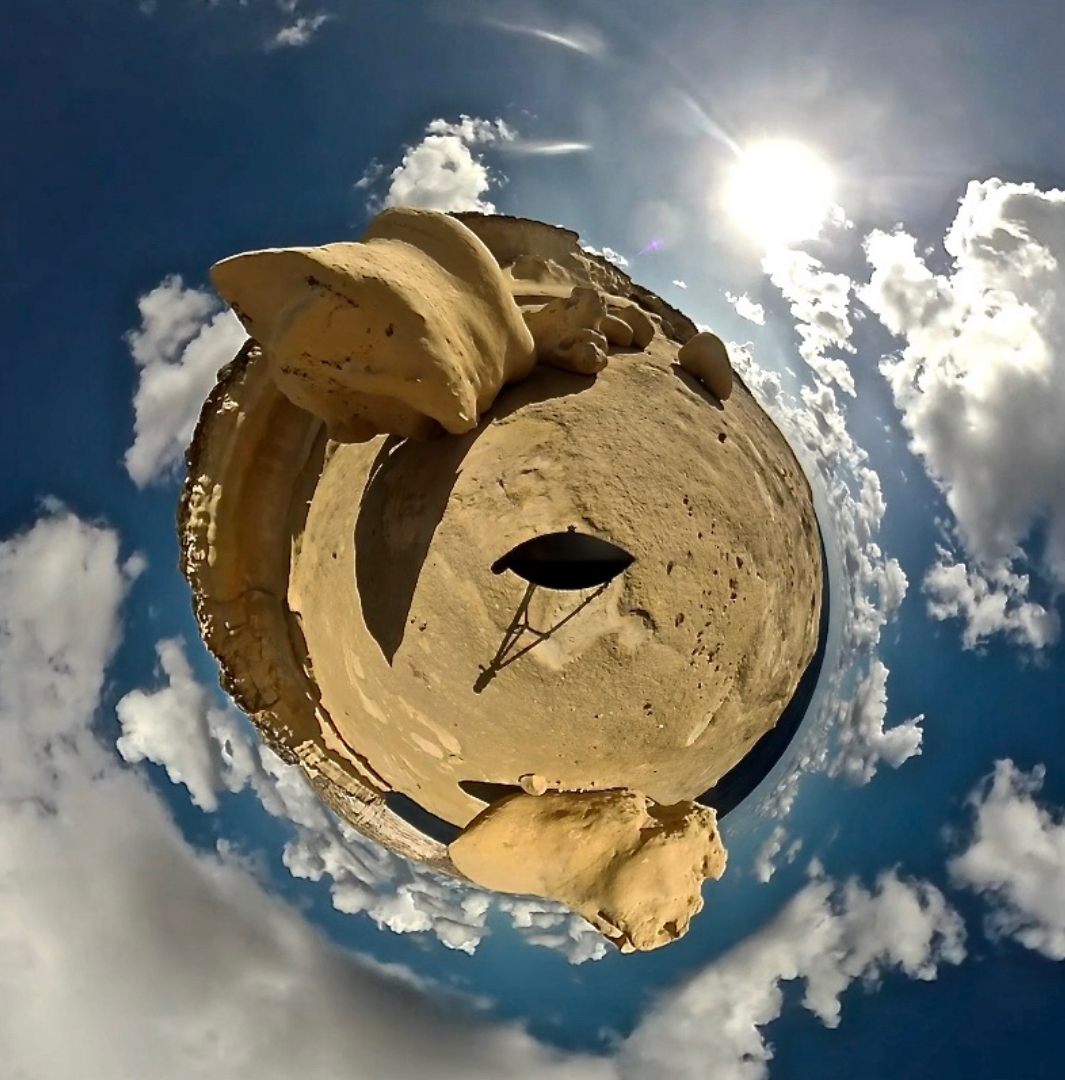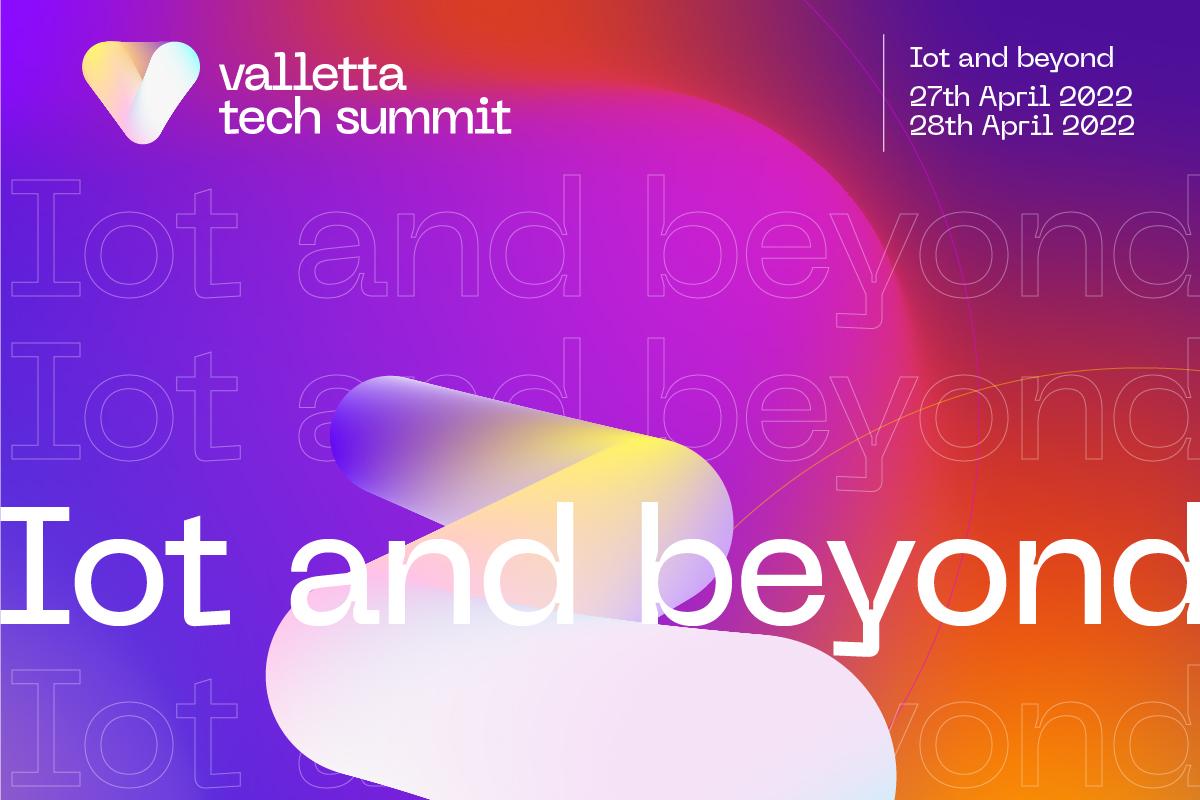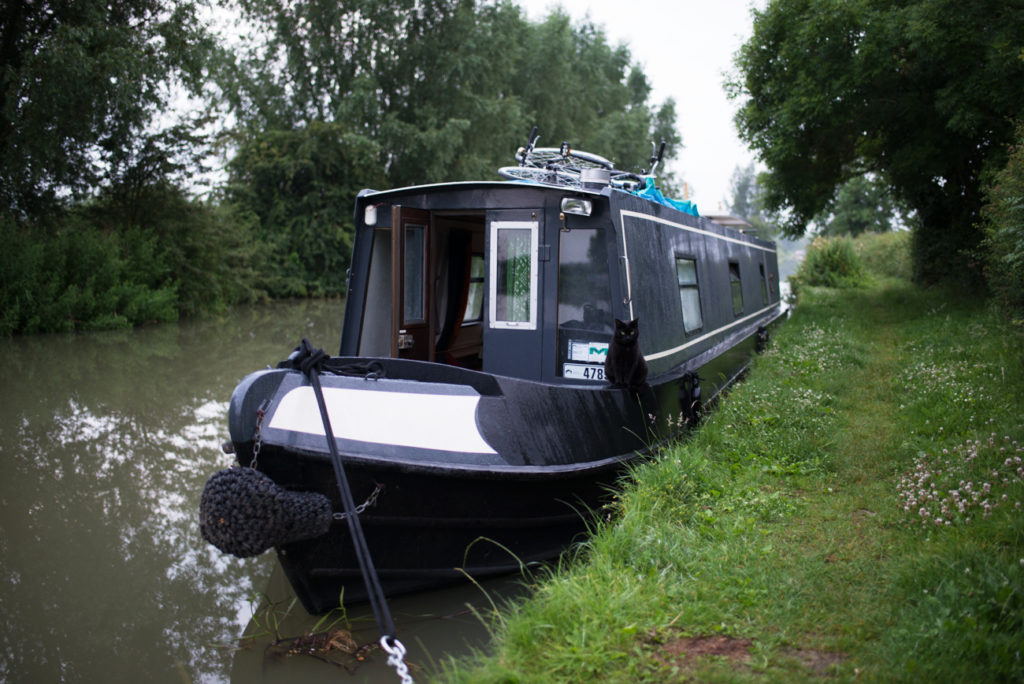Where music, technology and performance intersect humans+=machines is the first of a series of public audiovisual performances (this time) featuring Polish and Maltese artists exploring the boundaries of performance through digital technology and electronic music.
Electronic Music Malta (EMM) together with the Department of Digital Arts of the University of Malta and the Lodz Film School host this debut event featuring Polish audio visual artists FilipGabriel Pudlo and Bartłomiej Talaga in collaboration with music artists from EMM.Pudlo’s performance allows the audience to feel the pulse of the world in a short but immersive performance. Its genesis is formed around sound generated by the Internet to continue into the second act where the performer takes over.Talaga is a multimedia artist and educator. His past works include photography, sound, video, and installation.
Off-network low-impact living on the cut
The VR360 film titled Off-network low-impact living on the cut, published on boattr.uk, for the launch of the after progress exhibition, tells the story of the researchers’ journey on the narrow-boat Quintessence (boattr.uk) on the British Waterways, looking into off-network, local network use of technologies, as a low-impact living on the cut. The ‘boattr – living on the cut’ immersive film depicts the cut and canals of the British Waterways as a digital urban commons, through the artists’ journey on the narrow boat ‘Quintessence’ and the development of the ‘boattr’ prototype in collaboration with MAZI (for “together” in Greek), a Horizon2020 research project. Having operated the boattr.uk, mazizone and 7061 art project over three years, this story, in form of a VR360 film, documents the development of this research.With the evolution the moving image inserted itself into broader, everyday use, but also extended its patterns of effect and its aesthetical language. Video has become pervasive, importing the principles of “tele-” and “cine-” into the human and social realm, thereby also propelling “image culture” to new heights and intensities. The boattr VR360 film makes use of video as theory, reflecting the structural and qualitative re-evaluation it aims at discussing design and organisational level. In accordance with the qualitatively new situation video is set in, the VR360 film presents a multi-dimensional matrix which constitutes the virtual logical grid of the boattr project.
AMRO22 debug
AMRO, Art Meets Radical Openness, is a biennial festival for art, hacktivism and open cultures, organized since 2008 by servus.at in cooperation with the Linz University of Art, Department of Time-Based Media.The current edition of Art Meets Radical Openness is dedicated to the rituals and the philosophies of debugging. As a gathering of communities with interests across arts and cultures, networked technologies and political action, AMRO offers space for sharing knowledge and practices, focusing on the potential of debugging both inside and outside of the purely technical realm.
Artistic Research in European Extended Reality Laboratories
This paper analyses the use of Immersive Experiences (IX) within artistic research, as an interdisciplinary environment between artistic, practice based research, visual pedagogies, social and cognitive sciences. This paper discusses IX in the context of social shared spaces. It presents the Immersion Lab University of Malta (ILUM) interdisciplinary research project. ILUM has a dedicated, specific room, located at the Department of Digital Arts, Faculty of Media & Knowledge Sciences, at University of Malta, appropriately set-up with life size surround projection and surround sound so as to provide a number of viewers (located within the set-up) with an IX virtual reality environment. The set-up is scalable, portable and provide easy to use navigation and allow the user to move around within the virtual environment. The paper discusses how ILUM combines and integrates three research strands that are part of a major, sustained artistic or scientific focus of the partnering academic institutions, namely the Visual Narratives Laboratory (VNLAB at the Centre for Interdisciplinary Research, Filmschool Lodz), the Instytut Kultury at Jagiellonian University, Krakow, Poland, and the Spatial Media Research Group (SMRG) at the National and Kapodistrian University of Athens, Greece. In those labs researchers, artists, film-makers investigate and create different kinds of IX. ILUM provides the opportunity to situate artistic research in the context of scientific. The thematic backgrounds of these research strands and the infrastructure of ILUM serve as starting points from which the partners collaboratively create new communication content, exhibition settings and research as well as teaching materials.
SAAI Factory – Exhibition on Art and AI
SAAI Factory is an art project initiated by the Hamburg-based artist Christoph Faulhaber. The performer, filmmaker, and author is known for his surprising, bold, and mind-boggling projects that address socially relevant issues and institutional critique.In 2021, SAAI Factory conducted a symposium, a workshop program and an international interdisciplinary hackathon. The presentation of SAAI Factory is a comprehensive collaborative approach presenting the whole ecosystem: the award winners, selected projects from the competition, accompanied by works from associated members, partners and collaborators. The exhibition is showcasing artworks along the intersection of Art and AI enabling to view the interactive human-machine-process. While questioning “art” as a merely human product SAAI is offering an act of rethinking, rewriting, reorienting.
Identity of an Island
This event is a vehicle for the celebration of Gozo’s identity in a two-pronged, interlinked manner: through the organisation of a contemporary art collective under the theme of Alternative Perspectives, and an art-historical conference entitled The Artistic Legacy of Gozo, thus linking Gozo’s artistic legacy with present artistic production. The event is under the artistic direction of Dr Mark Sagona, visual artist and resident academic in the Department of Art and Art History at the University of Malta. Both events will take place during the month of May 2022 at the newly-refurbished complex of the Teatru Astra in Victoria, Gozo.
Meta-Landscapes – Representations and Perceptions
An exhibition of moving image works by twelve renowned international artists. Norbert Francis Attard (MT), Vince Briffa (MT), Robert Cahen (FR), peter campus (USA),Terry Flaxton (UK),Gary Hill (USA), Madelon Hooykaas (NL), Beryl Korot (USA), Chris Meigh-Andrews (UK), Michael Snow (CA), Yeoul Son (KR) and Steina Vasulka (IS/USA). This exhibition is centred on the theme of landscape, presenting work by artists who have pioneered the electronic moving image as an art form. The intention is to present a diverse range of attitudes and approaches to the genre, featuring works that explore the potential of the moving image to represent subjective, emotional or imagined exterior spaces. The exhibited art works incorporate or depict the artist’s personal, intellectual or cultural perspective through images of the natural world- often, but not always in juxtaposition to man-made artefacts or situations.
Valletta Tech Summit IoT
By 2023, there will be 15.9 billion connected Internet of Things devices worldwide. There couldn’t have been a better time to delve into the fascinating realm of IoT!
Valletta Tech Summit is hosting the first-ever Internet of Things summit in Malta, bringing together IoT enthusiasts from around the globe to brainstorm together, test out new products, and discuss what’s happening in the IoT industry.
i-Docs and More-Than-Human Encounters
How do we augment our entangled relationships to the environment? What happens when i-Docs and the more-than-human meet?
How does augmentation invite us to look differently at the hidden layers of environments virtual and material? How do different interfaces, technologies, platforms, and software open out to thinking about other species and the more-than-human?
Can we encounter cows, snakes, swamps, insects, rocks, storms, machines, microbes, and viruses through old and new media technologies?
As the tech industries push the metaverse, what other augmented resistant realities might we invent that speak to the pluriverse?
We are living in a specific, unresolved historical moment of the pandemic, where sometimes COVID is silent and absent, the emotions it conjures repressed. Isolation makes us feel we are not fully alive.
Can augmentation, interactivity, and immersion in i-Docs galvanize reconnection and deep connection? Can they put different world views into collision to produce new reflective spaces? Can we become more entangled with other species? Can we rethink augmentation as an idea and not a technology?
The three curators of i-Docs—Mandy Rose, Sandra Gaudenzi, and Judith Aston—combust all these ideas in this highly interactive, discussion-driven event that looks at a variety of ideas and projects across many platforms including Instagram, AR, VR, legacy film, i-Docs, animal-cams, social media, and more.
After Progress
A companion to the After Progress (2022) monograph, published by The Sociological Review, the After Progress Digital Exhibition is the result of a multiplicity of collective efforts to weave together collaborative and multimedia forms of storytelling that might help us envisage ways of living and dying well outside of the modern coordinates of progress, drawing inspiration from the “After Progress” symposium series held in 2019.The notion of “progress” is arguably the defining idea of modernity: a civilisational imagery of a boundless, linear, and upwards trajectory towards a future that, guided by reason and technology, will be “better” than the present. It was this notion that placed techno-science at the heart of modern political culture, and it was the global unevenness of “progress” that imagined European imperialism as a civilising mission inflicted upon “backward” others for their own sake. The colonial, rationalistic, and ecocidal consequences of the story of “progress” have been laid bare, yet progress remains a ruling idea capable of governing our imaginations today. At the same time, the ruins of progress are teeming with divergent worlds and collective experiments whose stories upend modern dreams, cultivating plural value-ecologies of living and dying with others on Earth. How to intensify them? How to make them felt?In 2020, amidst the profound upheavals brought about by the COVID-19 pandemic and the many public health responses to it, we issued an open call for storytelling proposals from groups and individuals from around the world, with stories that might help us envisage ways of living and dying well outside of the modern coordinates of progress. After over 175 initial proposals from every corner of the world (by artists, activists, academics, students, and many other people from different walks of life) and a long and collaborative process of development and curation, this exhibition of over 60 “stories” in a variety of genres, media, and styles, is one collective response to that call.But it is also more than that. Composed collectively by contributors, curators, designers, and collaborators alike, all navigating and negotiating lockdowns and social distancing measures and a plethora of other restrictions on our modes of sociality, this exhibition is also a living archive, a testimony of what happened and what can still happen in the interstices of such distances, when we insist in spite of all on thinking and being together (apart). And because any “after” to progress necessarily calls for the plural, what one will find here is a veritable cornucopia of experiments in storytelling that are speculative, ethnographic, poetic, drawing on or reinventing any and every genre: SF, nature writing, poetry, aphorisms, brief dramas, short films, interactive webpages, letters and epistolary forms, fictional encyclopaedia entries, instructions, auditory compositions, and many more. They each raise and pursue their own questions and their own possibilities, thickening the present through the many disparate yet interlaced threads they weave in their divergences and tensions.

